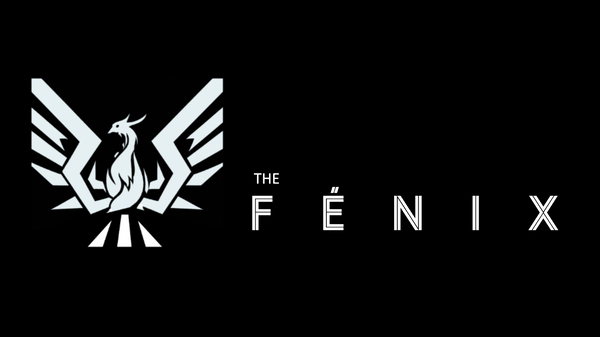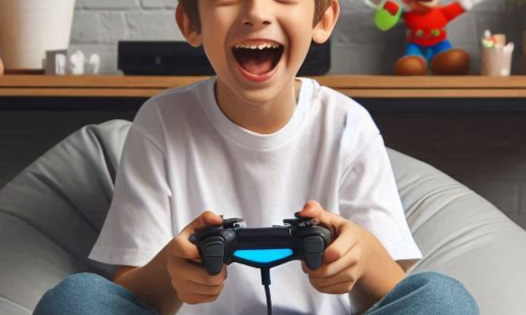To kick off 2024, the Hockey Development Insights blog has a special treat for readers... a guest author!
In the Twin Cities area of Minnesota, Jack Christian is one of the most sought-after youth coaches. He is renowned for his attention to detail, thoughtfulness in creating practice plans to address what the group needs, ability to connect with each kid and explain things so they understand, and infectious attitude that leaves players inspired and looking forward to trips to the rink.
In my opinion, his path as a hockey coach is one that could blossom into the more prestigious levels of the game if that was the path that Jack chose. However, he works in electrical construction as a day job which allows him to keep hockey in the "passion" category. That is possibly the better approach anyway!
Still, our Competitive Edge training center recently added him to the part-time instructing staff for providing private and group lessons. We are lucky to have him.
I'll sign off and let Jack take it from here!
----------
Throughout my childhood, the video game industry was growing rapidly with countless different companies employing teams of designers to bring new games to the market for both arcade play and mostly the newly emerging home console gaming systems. The NES or Nintendo Entertainment System was exploding in popularity during the 1990s and soon became a popular fixture in many households in the US. Video games were fun to play and also took excellent hand eye coordination to become a skilled game player. Your hands and fingers needed to be able to respond quickly and appropriately to the visual information that you received during gameplay. Studies showed that hand eye coordination could actually be improved by playing these same video games.
Image Removed: An 80s Video Game system
Along came the Galoob corporation with a new and innovative companion product for the NES known as “Game Genie“. It was a line of “cheat” cartridges that became commercially available in the early 1990s that were installed in series with the normal game cartridge and the gaming console. This new interface allowed the users to enter different pre-made numerical codes before starting gameplay that would modify game data, allowing a players the ability to do things that were unintended by the original game developers.
Image Removed: Game Genie
These “cheat codes“ manipulated various aspects of a game, many codes gained the player simple and straightforward advantages in the game such as invincibility, infinite lives, or running faster. In some instances the main game character could gain the benefit of being equipped with extra skills that were not normally acquired until later in the game or not thought possible by conventional gameplay. Cheat codes also opened up a new dimension that allowed access to unused functions, assets, and abilities. Cheat codes gave adage to the age old question, “What super power would you choose?”
The Game Genie not only added new fun and excitement to older game cartridges that may have become tired and predictable, but also in some cases added more enjoyment as it allowed a lesser player the ability to advance much farther through the escalating levels of more difficult gameplay than during their previous attempts.
When experimenting with the simultaneous application of multiple different cheat codes, for example “turbo speed” and “mega jump” together could produce gameplay that was initially more difficult than normal as you tried to navigate the standard game maps and levels. There was always a process of adaptation to control the game character with their newly enhanced abilities. Some combinations of codes would unintentionally make games almost impossible to play, so you would actually have to reset the system, think about what worked and what didn’t, and try something different.


